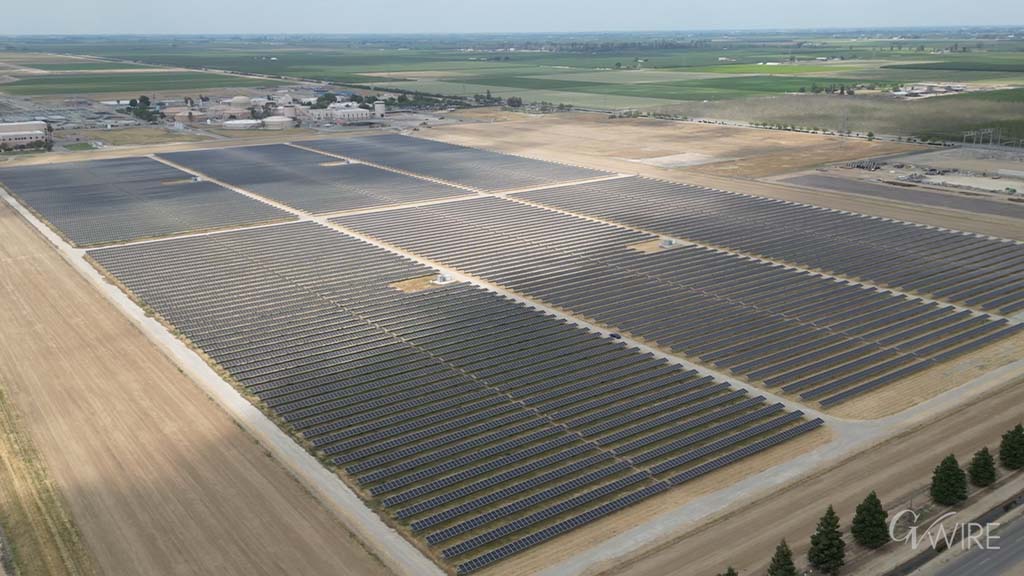A CBS News poll shows divided opinions on President Trump’s job performance, with significant support for his immigration policies, but concerns over economic outcomes and inflation. (Kenny Holston/The New York Times)

- 53% of Americans approve of Trump's job performance, with 31% strongly approving.
- 59% support his deportation policies, while 64% approve of sending troops to the border.
- 66% believe the administration isn’t focusing enough on lowering prices.
Share
|
Getting your Trinity Audio player ready...
|
A CBS News poll conducted Feb. 5-7 reveals that 53% of Americans approve of President Donald Trump’s job performance, with 31% strongly approving and 22% somewhat approving. In contrast, 47% disapprove, with 38% strongly disapproving.
Trump has been praised for being “tough,” “energetic,” “focused,” and “effective,” and most Americans believe he is doing more than expected.
Among those who approve, 61% like what they see, while 39% are less enthusiastic about the additional actions.
Related Story: Protests Planned in All 50 States for Presidents’ Day Against Trump ...
Most believe he is delivering on campaign promises, with 70% agreeing he is doing what he promised, while 30% feel he is diverging from those commitments.
The poll also shows mixed opinions on Trump’s key policies. The majority of Americans approve of his deportation policies (59%) and the sending of troops to the border (64%).
However, a significant portion — 66% — feel the administration is not focusing enough on lowering prices, which was a major factor in his 2024 election victory.
Related Story: This Isn’t the Donald Trump America Elected
Majority Support Handling of Israel-Hamas, Fear Tariff Made Inflation
On international matters, 54% approve of Trump’s handling of the Israel-Hamas conflict, with a more divided opinion on his recent remarks about potentially taking over Gaza.
Meanwhile, most Americans (73%) fear that tariffs on imports would drive up prices, though 32% see it as potentially creating U.S. jobs.
The administration also faces skepticism about the impact of tariffs, with 34% thinking it will result in job losses, while 55% do not expect a change in the fentanyl crisis due to tariff policies. Despite this, many Republicans believe tariffs are a necessary part of Trump’s broader strategy.
Related Story: Third Judge Blocks Trump’s Order Ending Birthright Citizenship
In terms of long-term policy impacts, 40% of Americans anticipate that Trump’s actions will make the U.S. less stable internationally, with 45% expecting improvement.
However, 35% foresee a financial benefit from his policies, although 40% predict they will fare worse financially.
The results reflect a deeply divided nation, with partisans strongly backing the president’s focus on immigration, defense, and government spending cuts, while a majority continues to voice concerns over inflation and economic outcomes.
RELATED TOPICS:
Exclusive: Trump Expected to Sign Order Pushing Training for Skilled Trades
16 minutes ago
Kennedy Declares ‘Sugar Is Poison’ While Announcing Ban on Food Dyes
1 hour ago
Earthquake of Magnitude 6.02 Strikes Turkey, GFZ Says
2 hours ago
Democratic US Senator Dick Durbin to Retire, Sparking Competitive Illinois Primary
3 hours ago
Wired Wednesday: What’s the Future of Fresno Unified and the Superintendent Position?
3 hours ago
US Justice Department Cancels Hundreds of Grants for Police, Crime Victims
3 hours ago
Marlboro Maker Philip Morris Lifts Profit Forecast on ZYN Demand
4 hours ago

General Motors to Increase Production at Ohio Transmission Facility
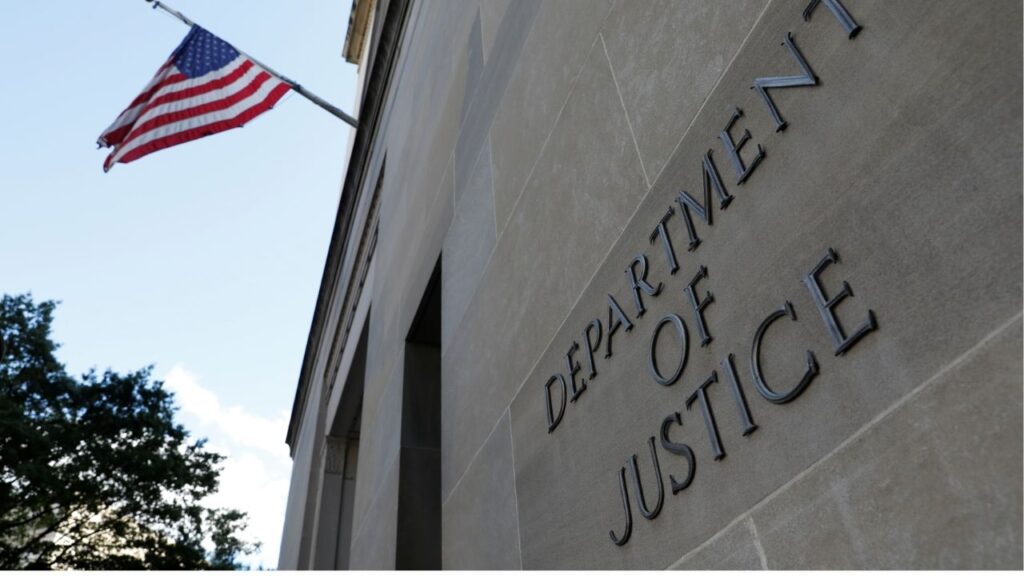
US Justice Department Directs Investigations Over Gender-Affirming Care
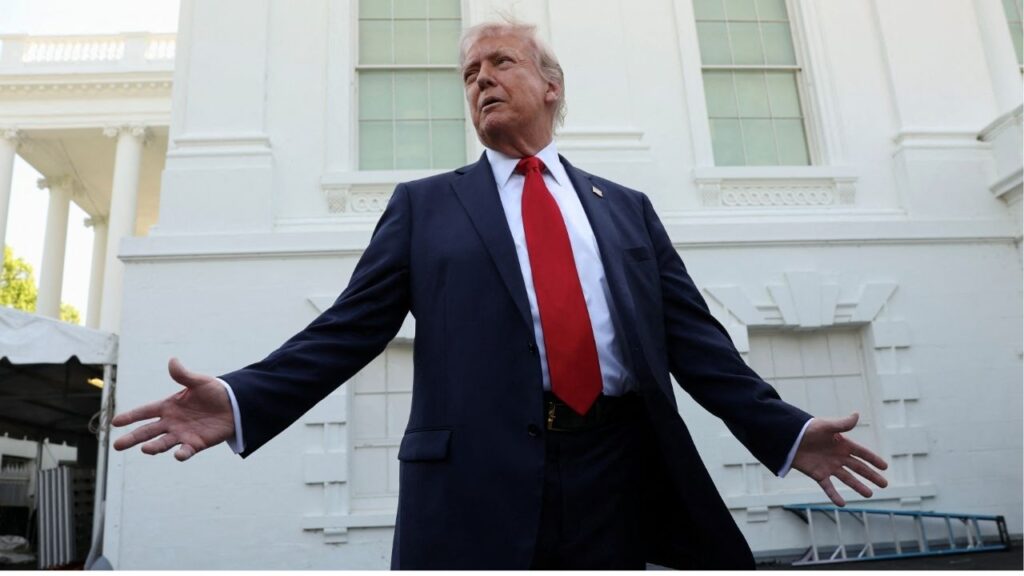
Exclusive: Trump Expected to Sign Order Pushing Training for Skilled Trades
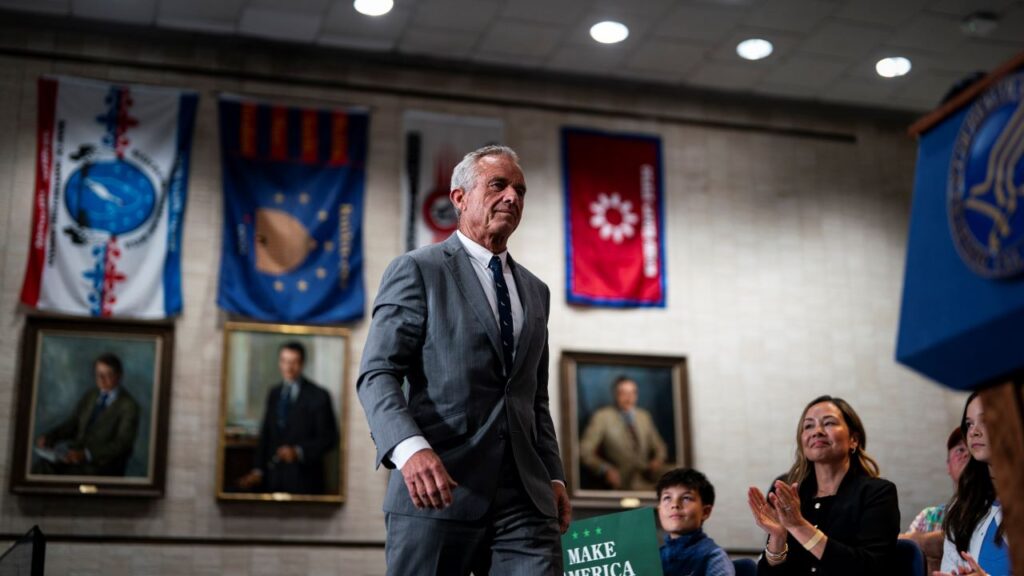
Kennedy Declares ‘Sugar Is Poison’ While Announcing Ban on Food Dyes

Earthquake of Magnitude 6.02 Strikes Turkey, GFZ Says

Democratic US Senator Dick Durbin to Retire, Sparking Competitive Illinois Primary
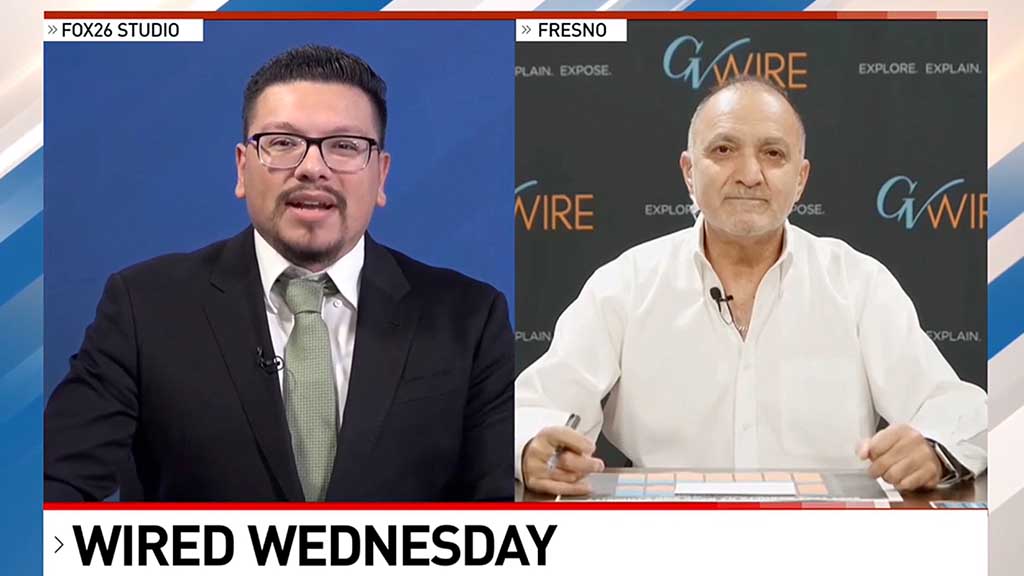
Wired Wednesday: What’s the Future of Fresno Unified and the Superintendent Position?
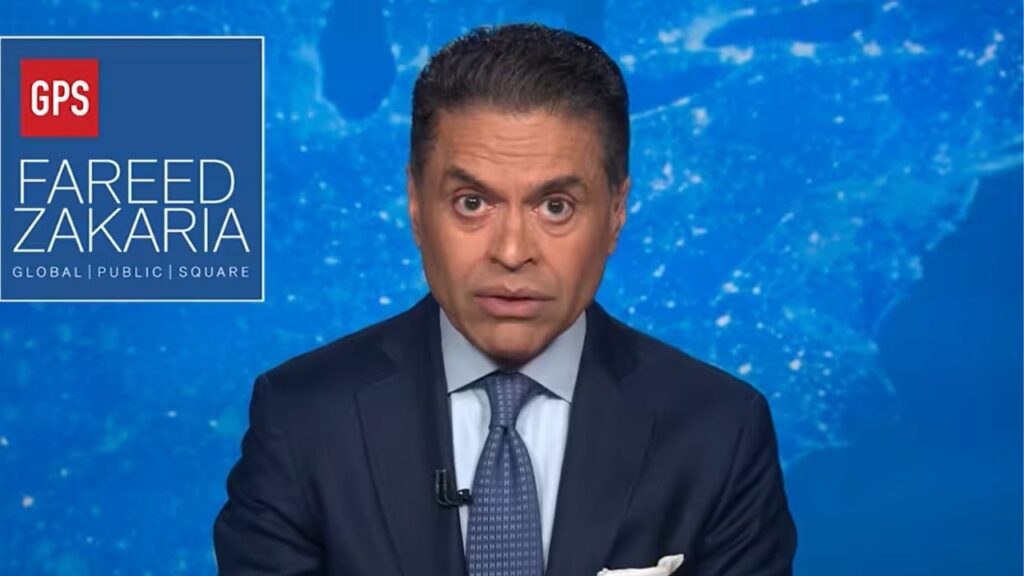
Zakaria Draws Parallels Between Trump’s Tariffs, Failed 1930s Economic Policies
